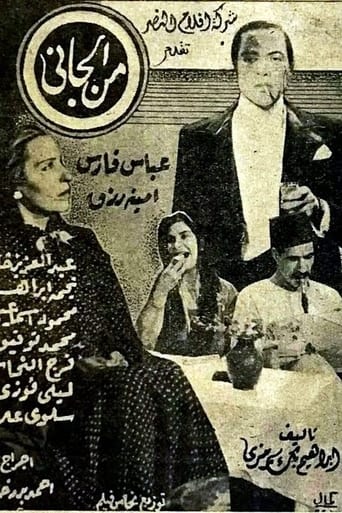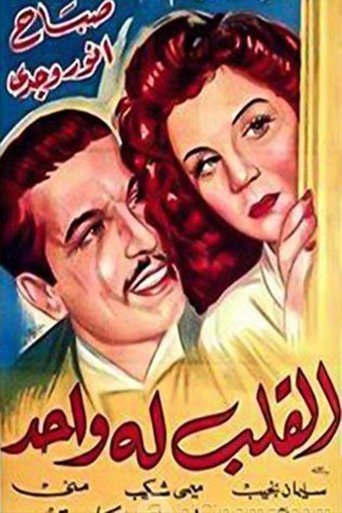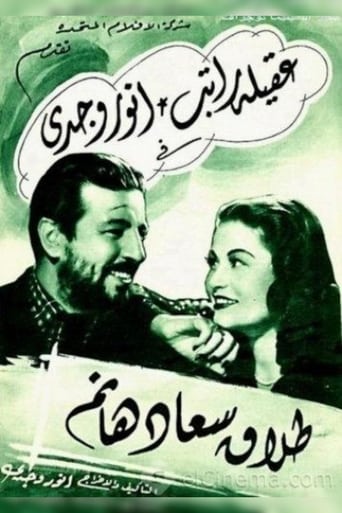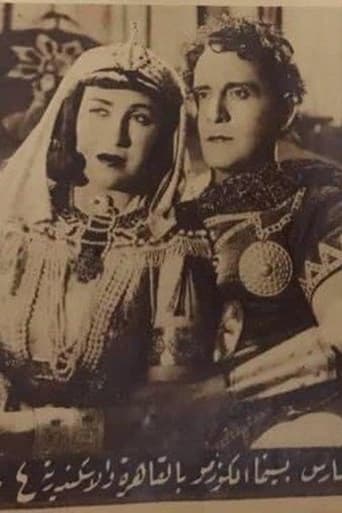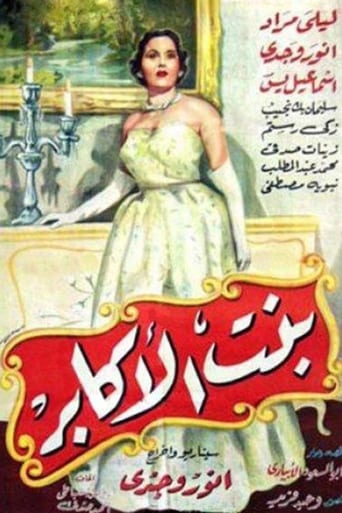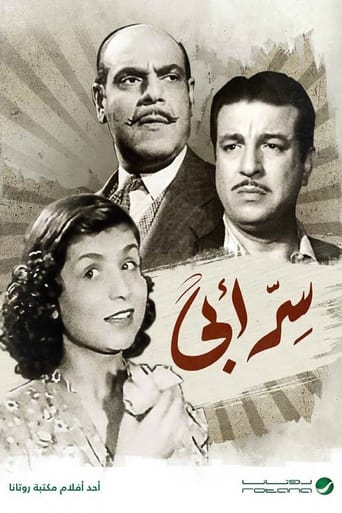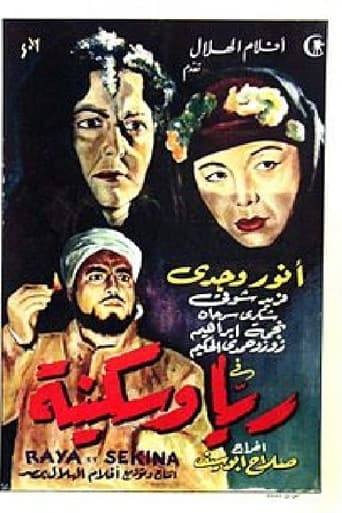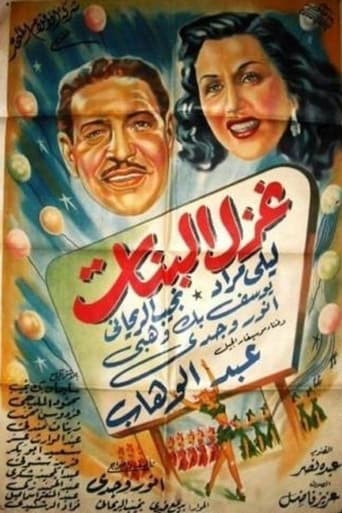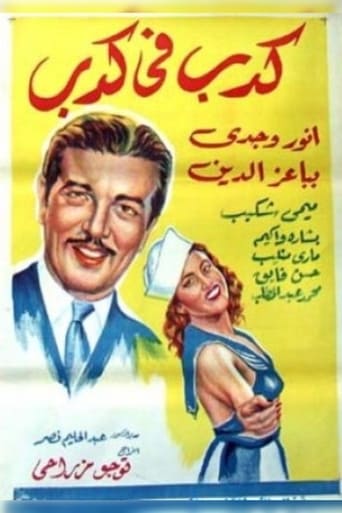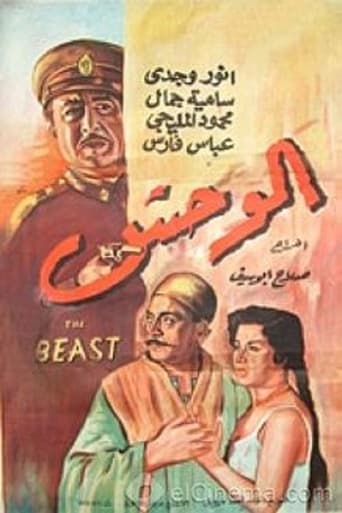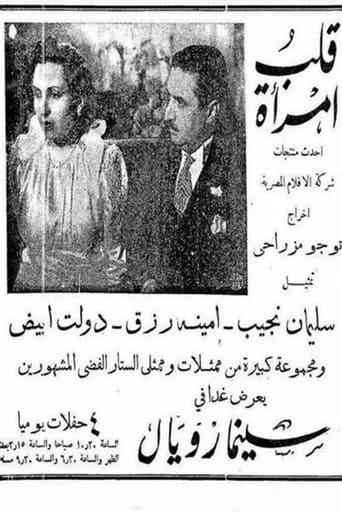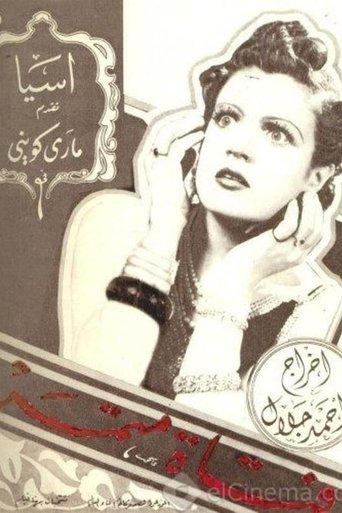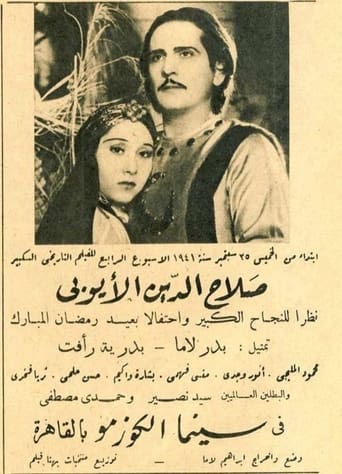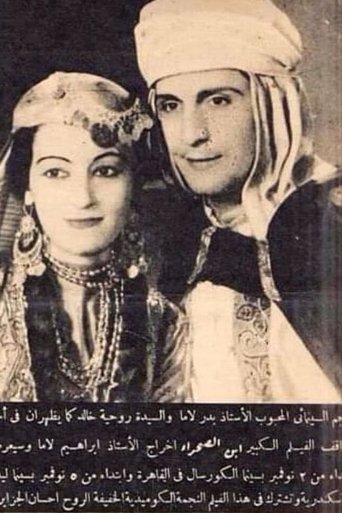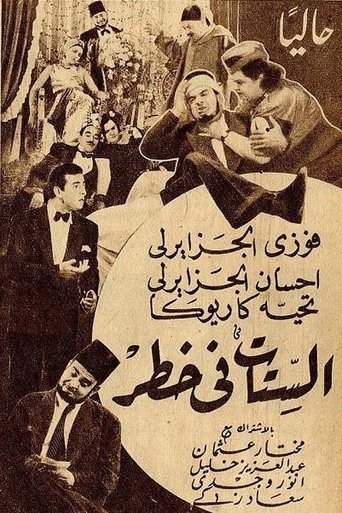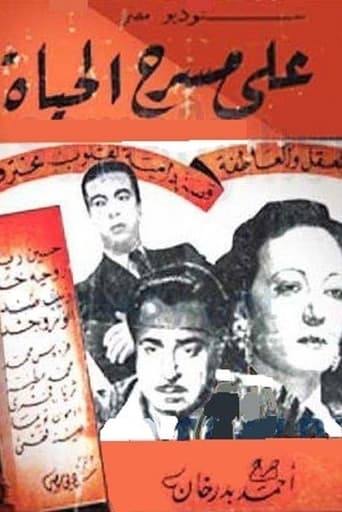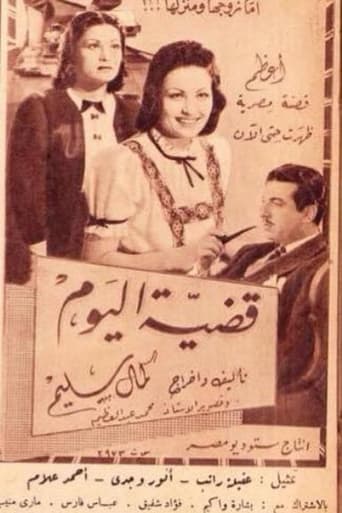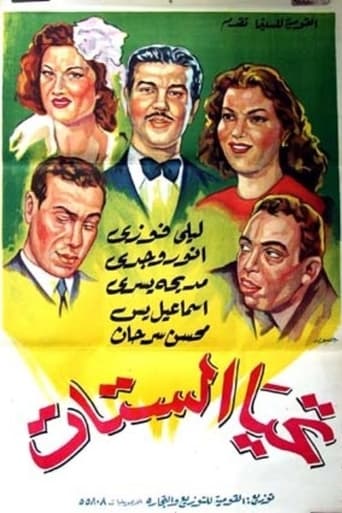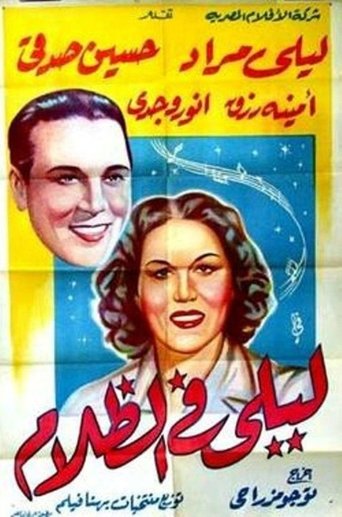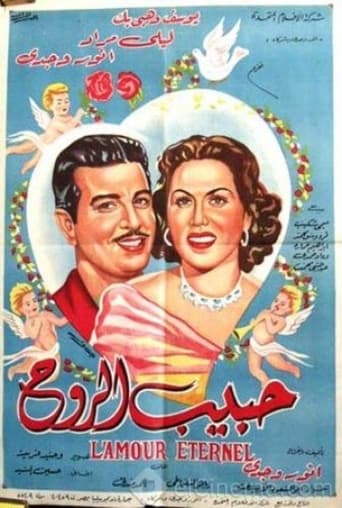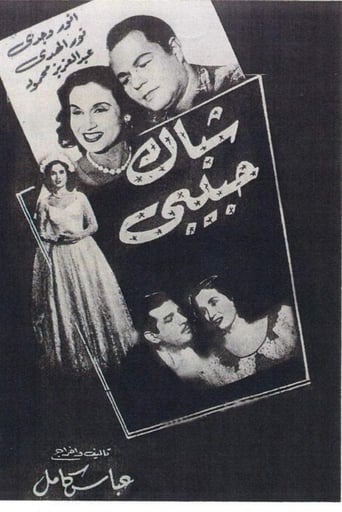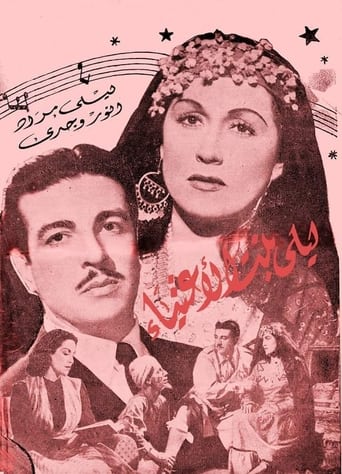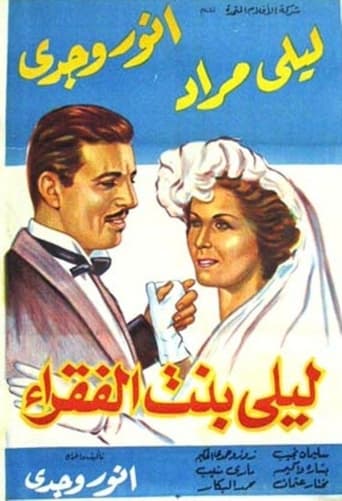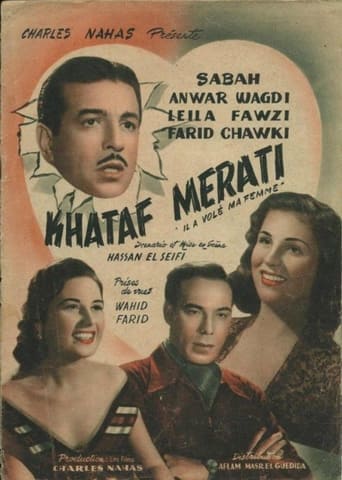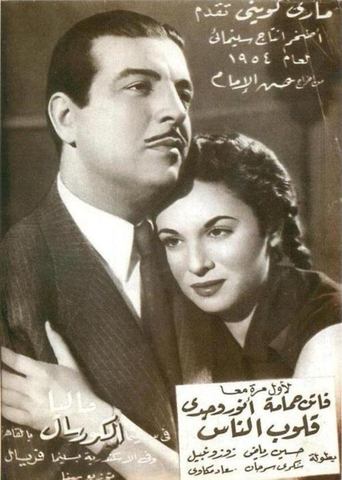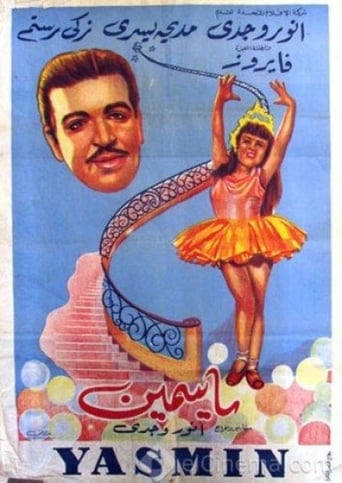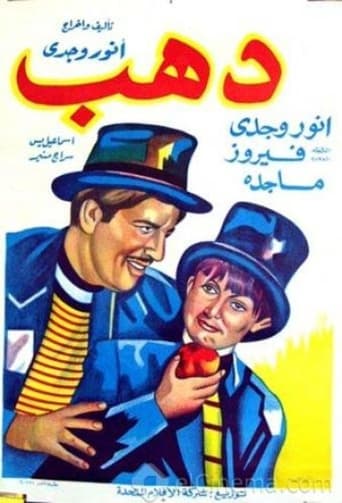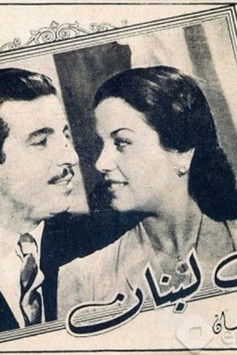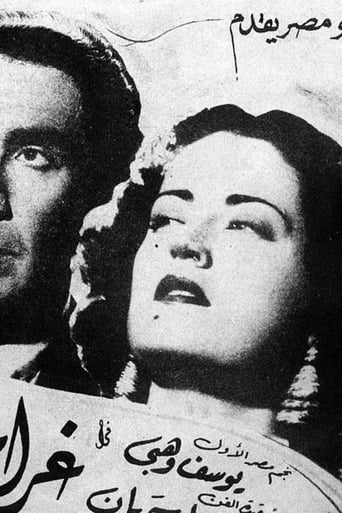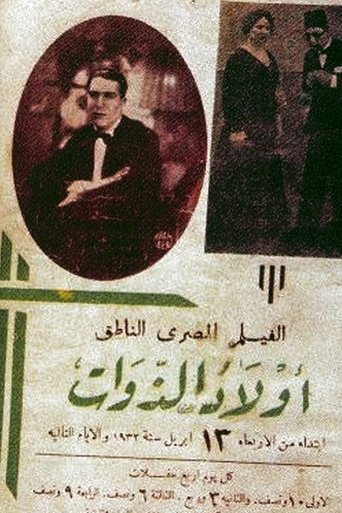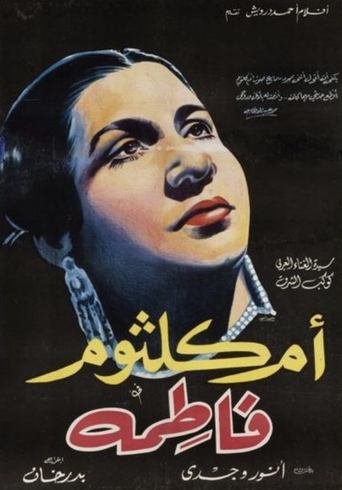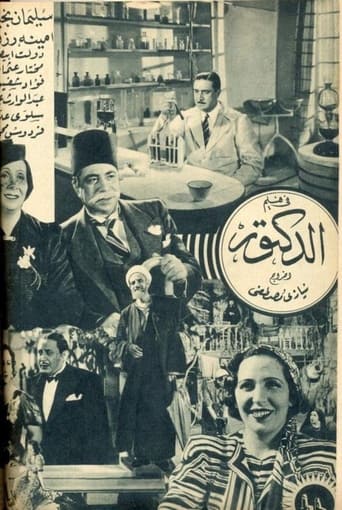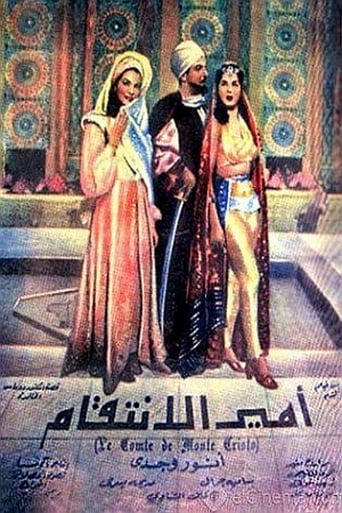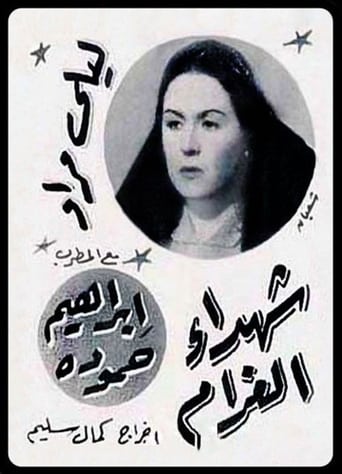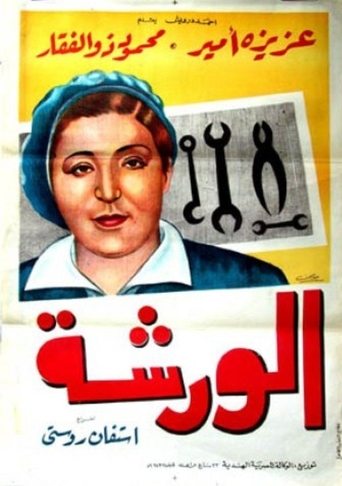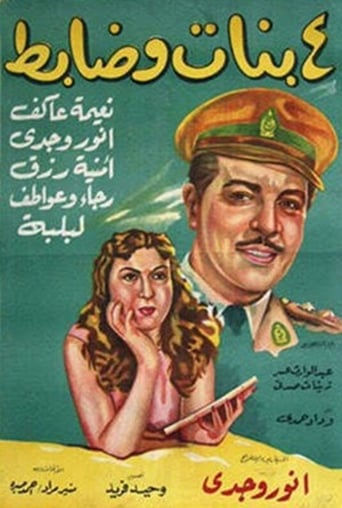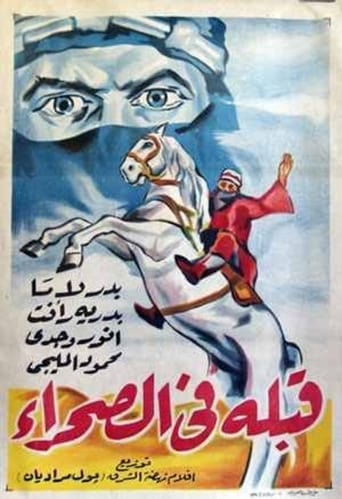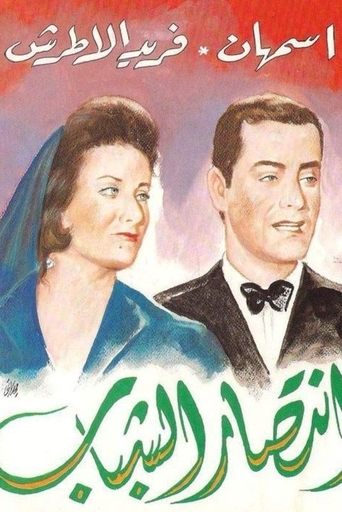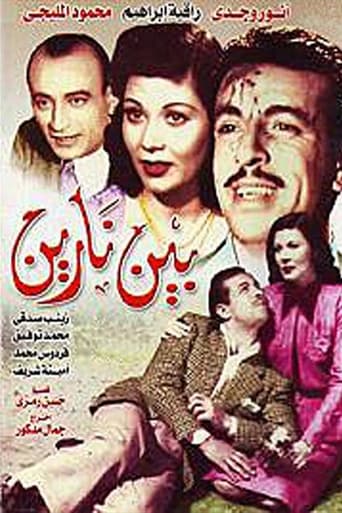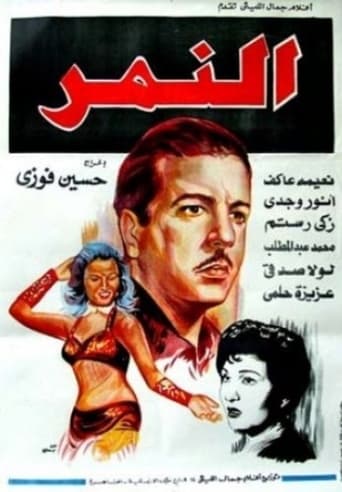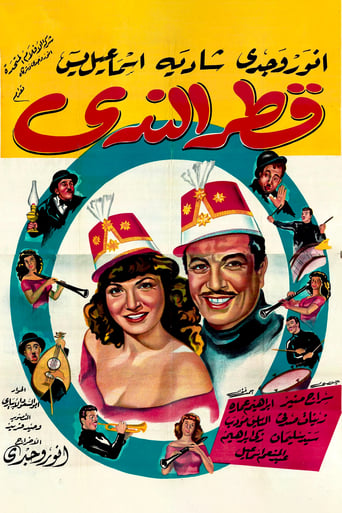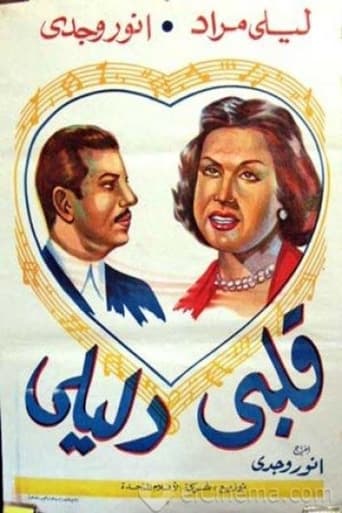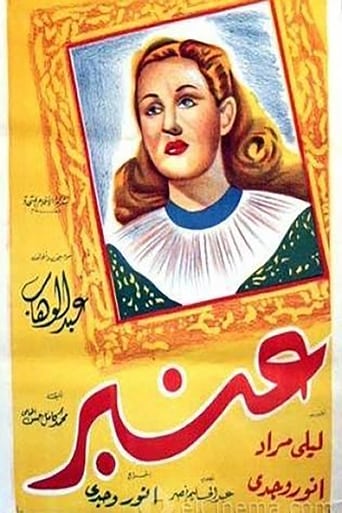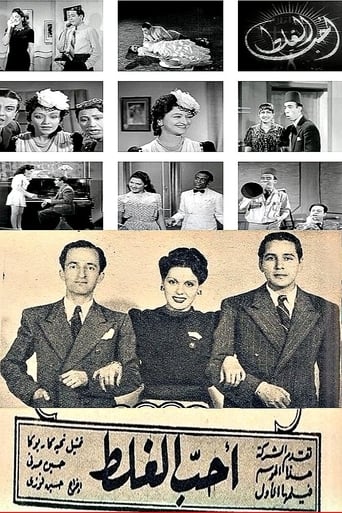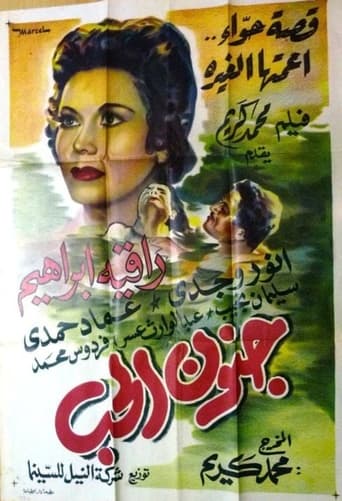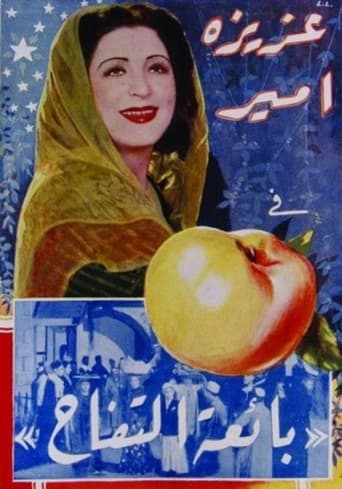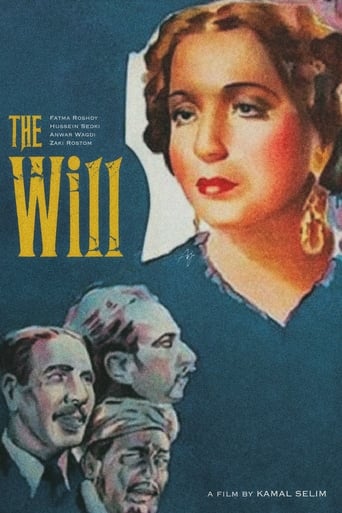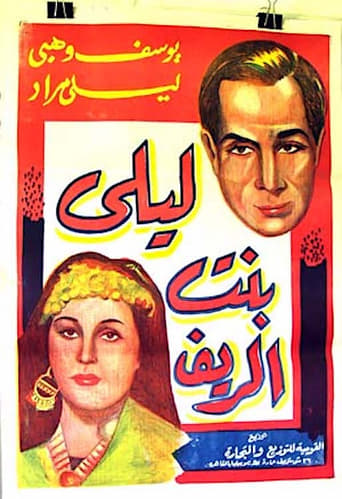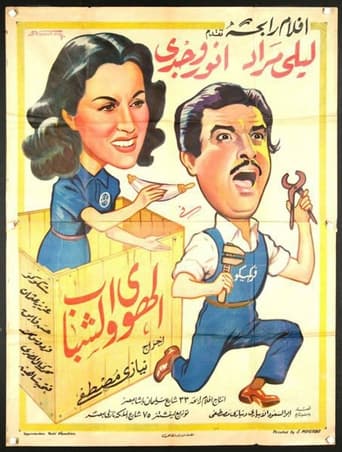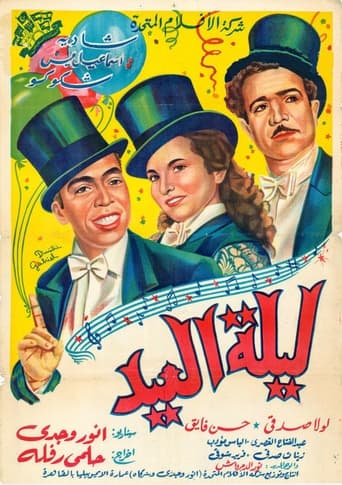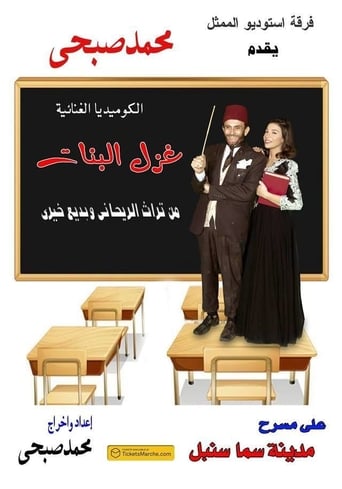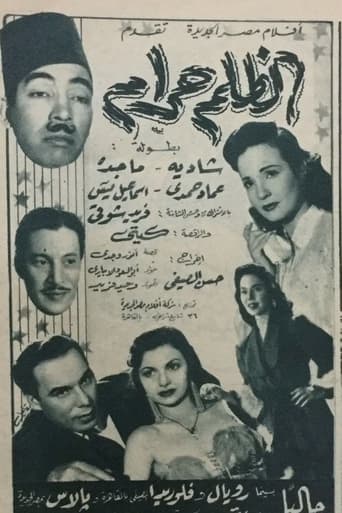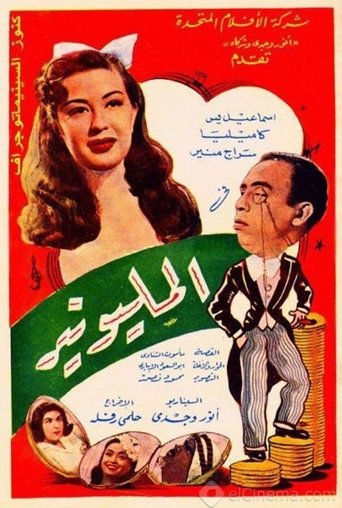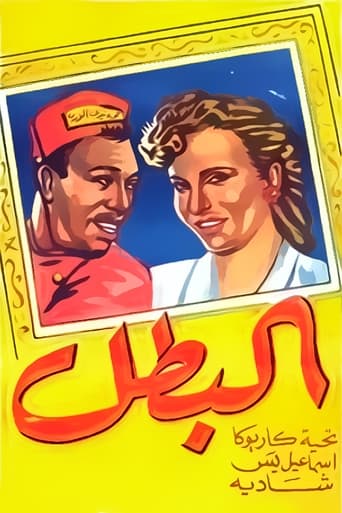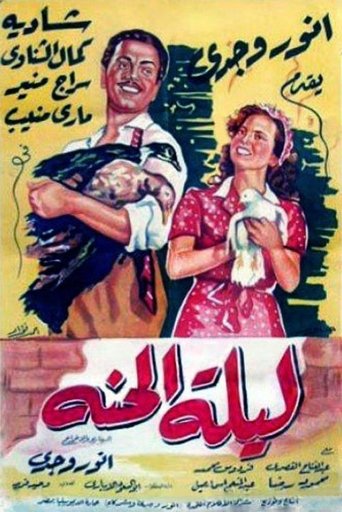
Anwar Wagdi
From Wikipedia, the free encyclopedia Anwar was born in the Cairo district of El Daher, Cairo.[4] His father, Yehia Wagdy El-Fattal, immigrated to Egypt from Syria with his family in the 19th century for economic reasons.[citation needed] Anwar's Egyptian mother, Muhiba El-Rikaby, was from Cairo. Anwar grew up very poor and was known for his extraordinary ambition and desire to amass wealth. Anwar Wagdy was married to Egyptian actresses Elham Hussein, Leila Mourad (three times), and Leila Fawzy. He died at 51 in Sweden while seeking treatment for polycystic kidney disease. Anwar Wagdy began his acting career as an extra in 1922 in the Youssef Wahbi Theatre Company's production of Julius Caesar. He quickly leaped to stardom and played leading roles in and/or directed 92 Egyptian films between the 1932 and 1955. He achieved particular success partnering with his wife, Egyptian legend Leila Mourad. Youssef Wahbi directed his first film: "Defense" in 1934 and called "Anwar Wagdy" to take part in this film with him. After the failure of a film caused some financial problems for Youssef Wahbi and producer, which resulted in Anwar to join the National Force Theater, which was founded in 1935. Anwar Wagdi found that cinema is more suited to his talent and more in tune with its aspirations because of its popularity and its ability to reach a wider audience. Throughout that period, he made "Wings of the Desert", in 1939.[8] Anwar Wagdy became a star, as directors of the exploitation of its looks handsome and soft features in the provision of the roles of the rich aristocrat indifferent to any symbol of evil. And grandfather established his production company "films Nations", and produced, directed and acted in a number of films together with his wife Laila Murad, whom he married while filming the first: "The following are the poor girl."
- Title: Anwar Wagdi
- Popularity: 1.27
- Known For: Acting
- Birthday: 1904-10-11
- Place of Birth: Cairo, Egypt
- Homepage:
- Also Known As: أنور وجدي, Anwar Wagdy, Anwar Wagdi, محمد أنور وجدي

